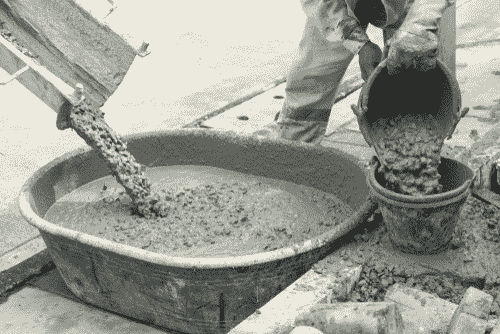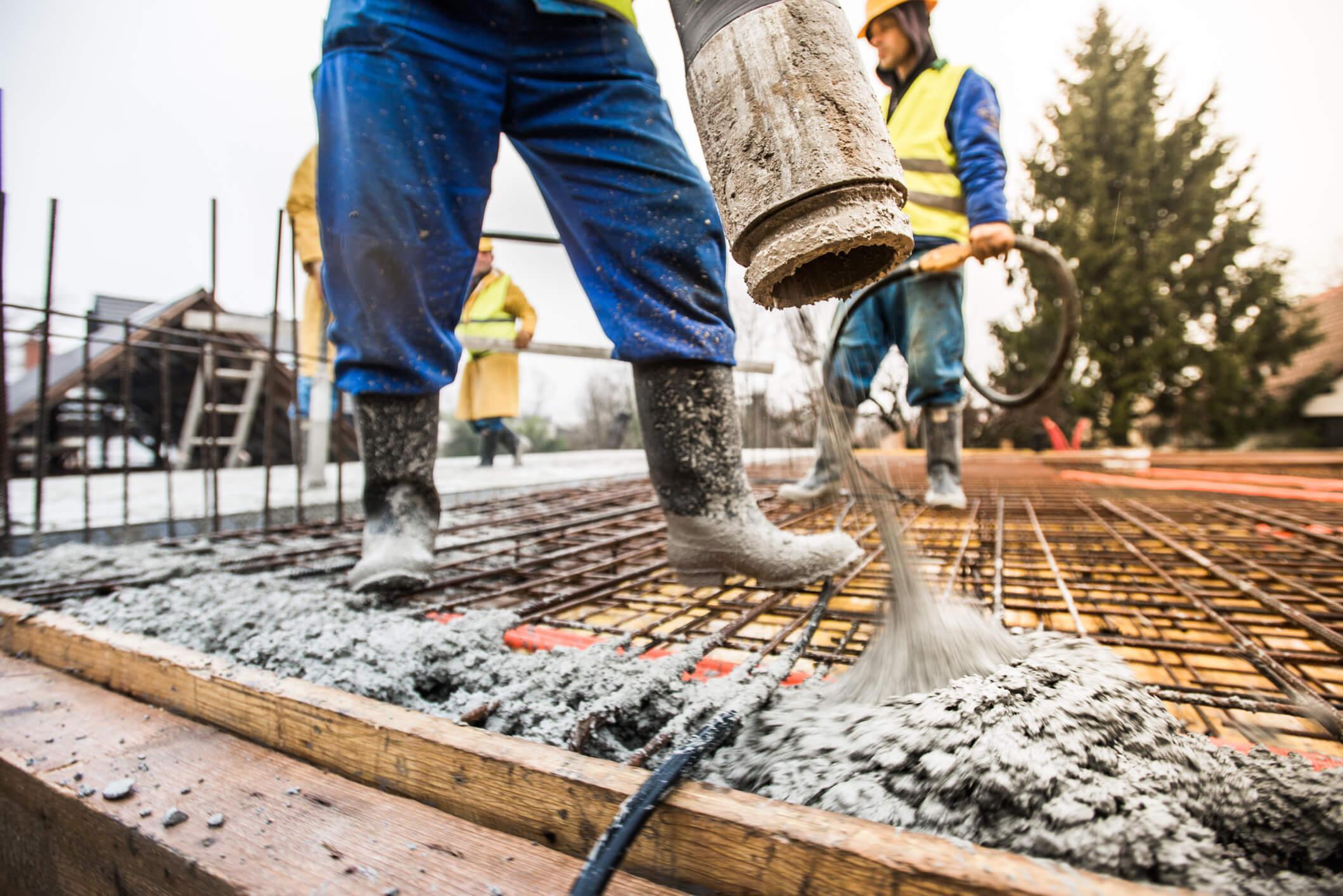Experienced Concrete Professionals: Relied On for High Quality and Performance
Experienced Concrete Professionals: Relied On for High Quality and Performance
Blog Article
Introducing the Eco-Friendly Advantages of Making Use Of Recycled Concrete in Lasting Building And Construction Practices
In the world of lasting building and construction methods, the application of recycled concrete stands as a critical yet commonly underestimated resource. Beyond its standard applications, recycled concrete offers a myriad of eco-friendly benefits that prolong far beyond the confines of conventional building and construction materials. From decreasing environmental effect to enhancing cost-efficiency, the ramifications of including recycled concrete in sustainable building methods are considerable. This flexible product not just addresses pushing ecological problems yet additionally provides a practical solution to the obstacles dealt with by the building market at large.
Ecological Benefits
Undoubtedly, among one of the most considerable benefits of making use of recycled concrete is its favorable influence on the environment. By integrating recycled concrete into construction techniques, there is a substantial decrease in the demand for new resources, bring about preservation of all-natural sources. This procedure aids in maintaining accumulations, water, and energy that would certainly have been used in producing brand-new concrete. Furthermore, making use of recycled concrete decreases the quantity of waste being sent out to landfills, consequently reducing environmental contamination and alleviating the strain on garbage dump abilities.
:max_bytes(150000):strip_icc()/GettyImages-941748918-5c7f3654c9e77c00012f82f6.jpg)
In addition, the manufacturing of standard concrete is a substantial resource of carbon emissions because of the energy-intensive process of concrete production. On the other hand, recycled concrete has a reduced carbon impact as it decreases the need for new concrete manufacturing. This decrease in carbon emissions adds to mitigating environment adjustment and sustains sustainable building and construction practices. On the whole, the environmental advantages of using recycled concrete are significant and play a critical duty in advertising eco-friendly building and construction techniques.
Cost-Efficiency
Accomplishing cost-efficiency is a paramount consideration when assessing the usage of recycled concrete in building and construction tasks. One of the crucial benefits of utilizing recycled concrete is its cost-effectiveness contrasted to conventional concrete.
Additionally, making use of recycled concrete can cause savings in garbage dump expenses by diverting concrete waste from disposal websites. This not only minimizes the ecological influence however likewise removes the prices associated with waste elimination. In addition, the resilience and efficiency of recycled concrete approach conventional concrete, making sure that cost savings do not compromise the high quality of the building and construction.
Durability and Stamina
Taking into consideration the considerable cost-efficiency benefits of making use of recycled concrete, it is essential to examine its resilience and stamina in building and construction applications. Recycled concrete deals comparable, if not superior, durability and toughness residential properties to traditional concrete. With developments in processing strategies and quality control, recycled concrete can fulfill or exceed the performance criteria of standard concrete. The process of reusing concrete includes squashing, arranging, and evaluating old concrete to create aggregates that can be used in new building projects. These recycled aggregates can offering sufficient compressive stamina, durability, and long-lasting performance.

Waste Reduction
Reliable waste decrease practices play an essential role in the sustainable utilization of resources within the building and construction sector. When it comes to utilizing recycled concrete, waste reduction is a key advantage that contributes considerably to environmental conservation. Typical building and construction techniques frequently generate substantial amounts of waste, specifically in the type of concrete rubble from demolition websites. By including recycled concrete into construction jobs, this waste is repurposed and drawn away from garbage dumps, lowering the total ecological effect of building and construction tasks.
Recycled concrete not just aids in minimizing the amount of waste that finishes up in landfills however likewise conserves natural deposits by lowering the demand for new accumulated materials. This procedure of waste decrease advertises a round economy within the construction sector, where products are recycled and reused to produce a much more sustainable industry. In addition, using recycled concrete can bring about set you back savings for construction tasks, as it is frequently Full Report more budget friendly than sourcing and transporting brand-new products. Finally, waste reduction with the application of recycled concrete is a crucial component of sustainable construction practices that benefits both the atmosphere and the construction sector as a whole.
Power Preservation
Energy conservation is a critical facet of sustainable building and construction techniques, aiming to lower the general energy intake associated with structure operations and products manufacturing. Considerable energy cost savings are attained contrasted to conventional concrete manufacturing when it comes to using recycled concrete in building. The procedure of creating recycled concrete entails recycling and squashing existing concrete products, which eats much less energy than mining, processing, and transporting resources for new concrete production. In addition, making use of recycled concrete can help decrease the demand for virgin accumulation, more decreasing the energy-intensive extraction and handling of natural deposits.
Verdict
To conclude, the utilization of recycled concrete in sustainable building and construction practices uses numerous ecological benefits, cost-efficiency, durability, toughness, waste reduction, and energy preservation. By including more information recycled concrete into building projects, we can contribute to a more sustainable and eco friendly future. It is essential for the building and construction industry to focus on making use of recycled products to aid minimize the ecological influence of building and construction tasks.
One of the vital benefits of utilizing recycled concrete is its cost-effectiveness contrasted to typical concrete.Furthermore, the use of recycled concrete can lead to cost savings in land fill costs by drawing away concrete waste from disposal websites. The longevity and efficiency of recycled concrete are equivalent to conventional concrete, making sure that expense savings do not jeopardize the quality of the building and construction.

Report this page